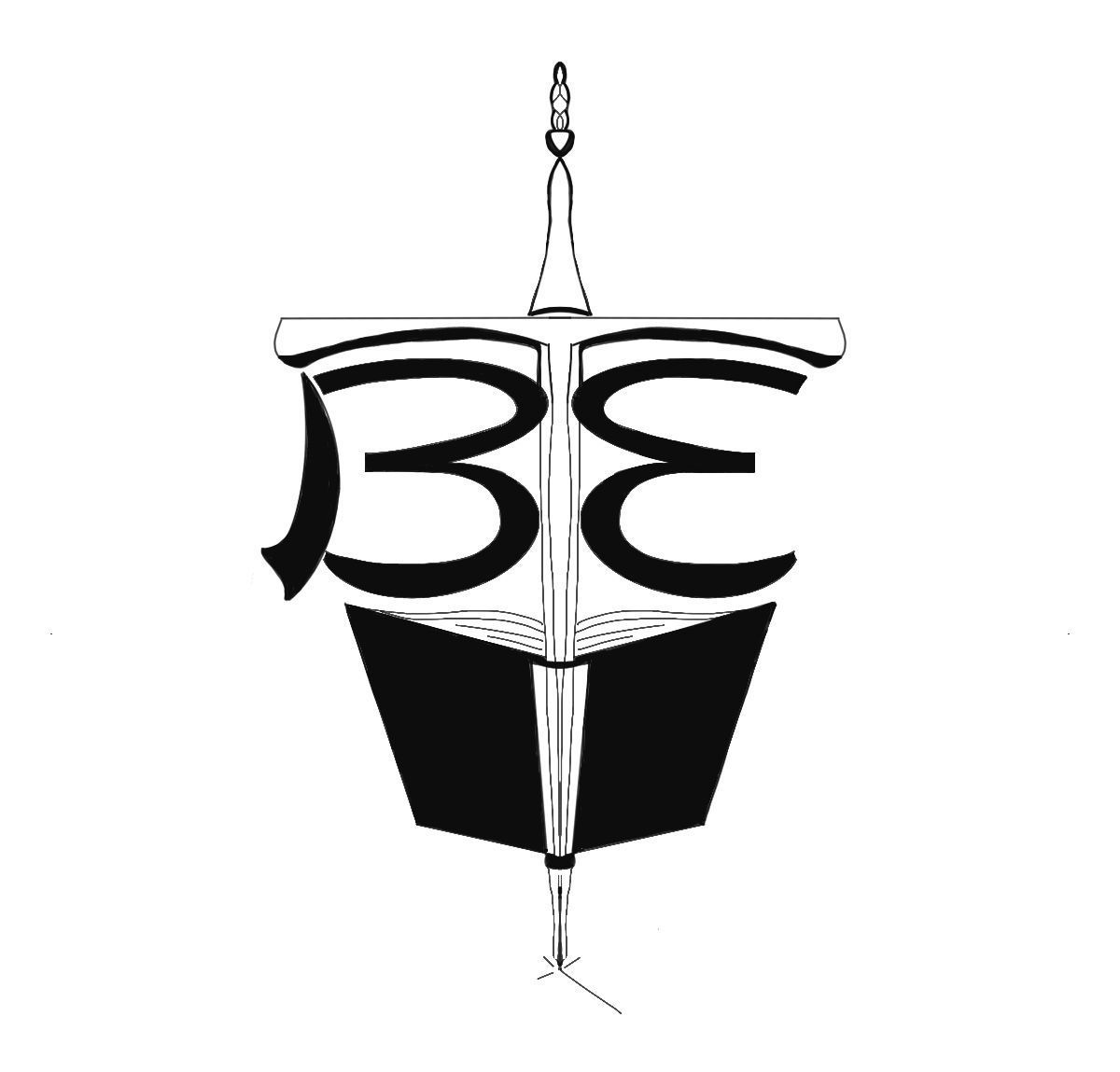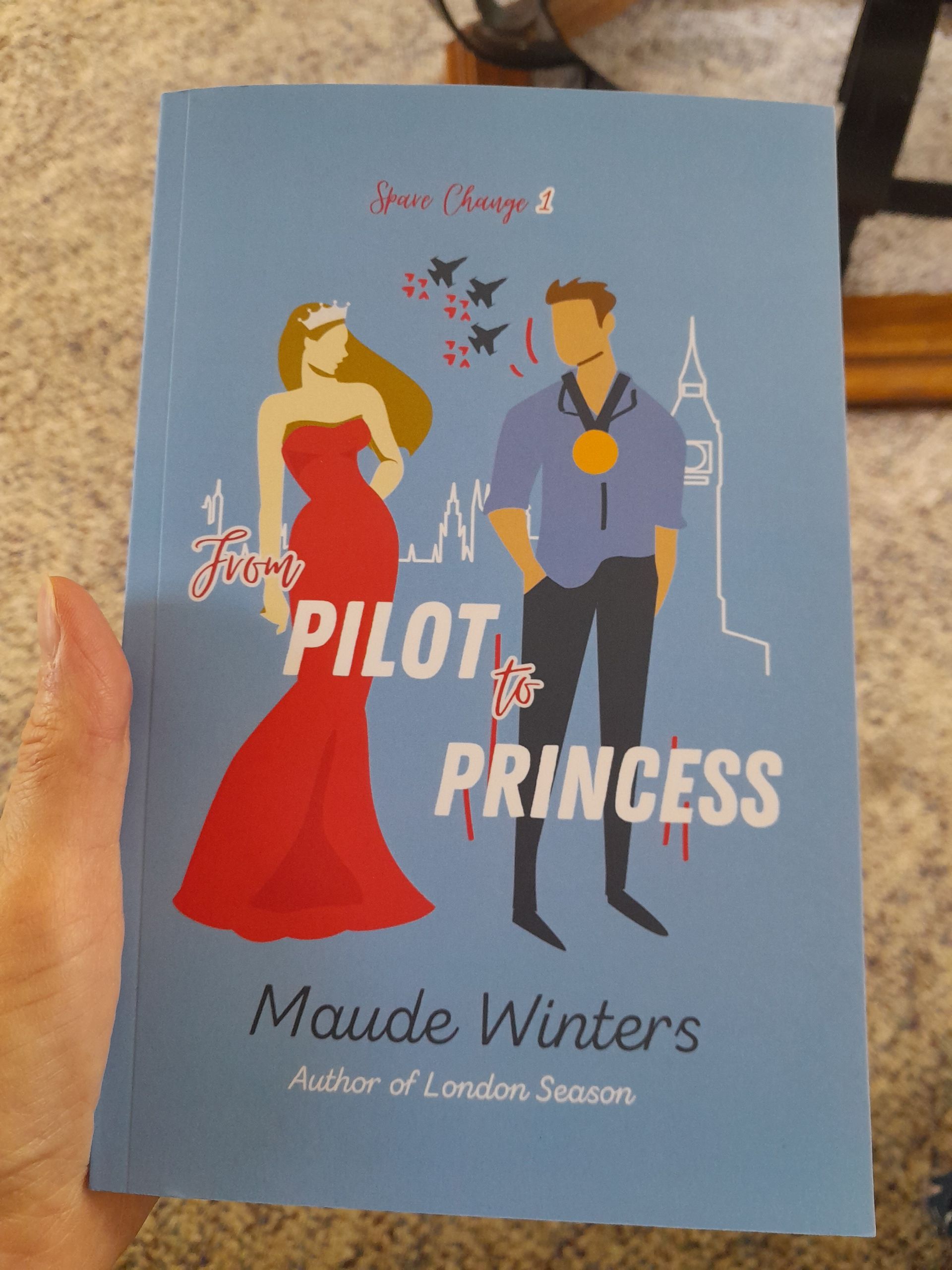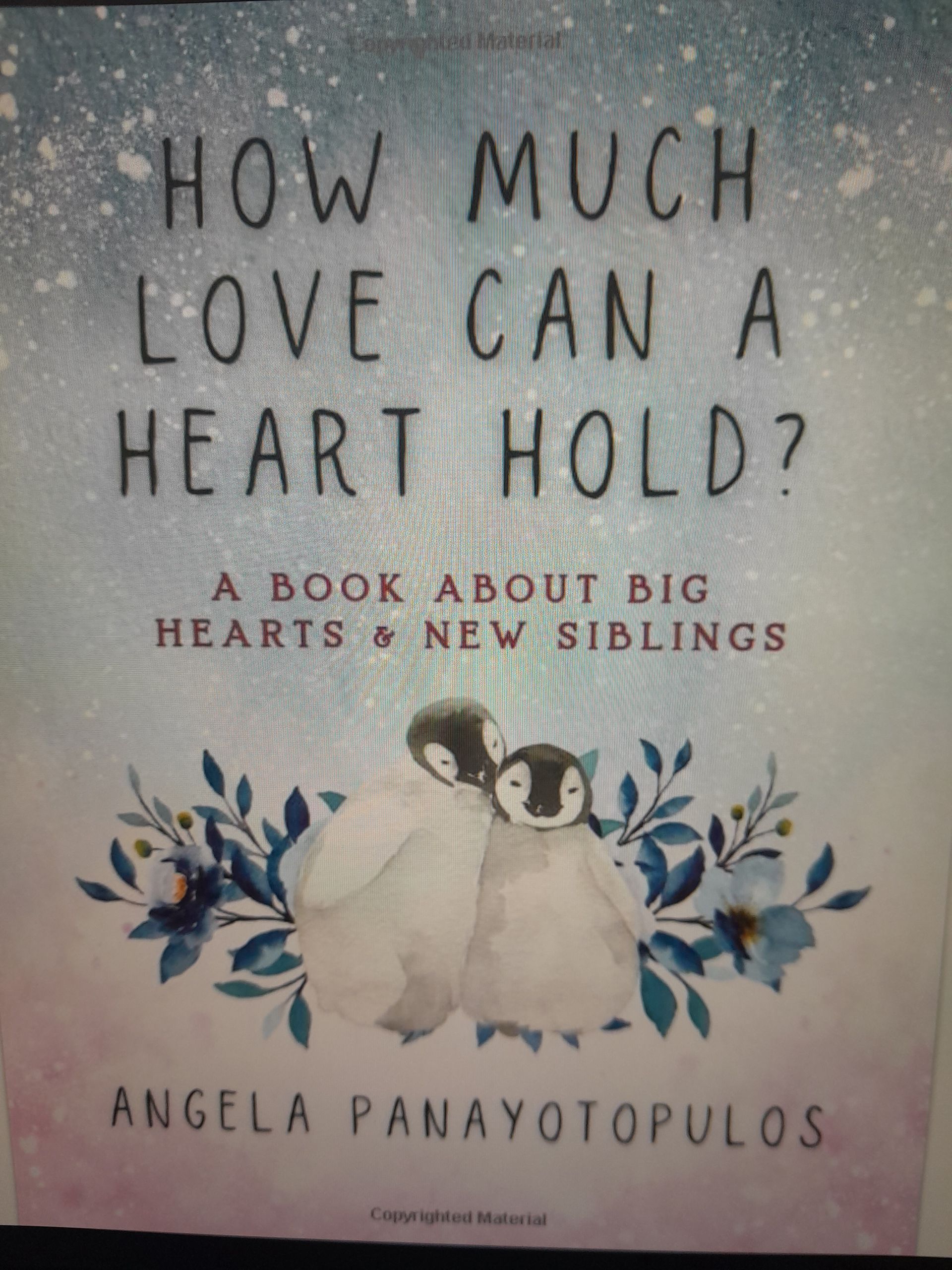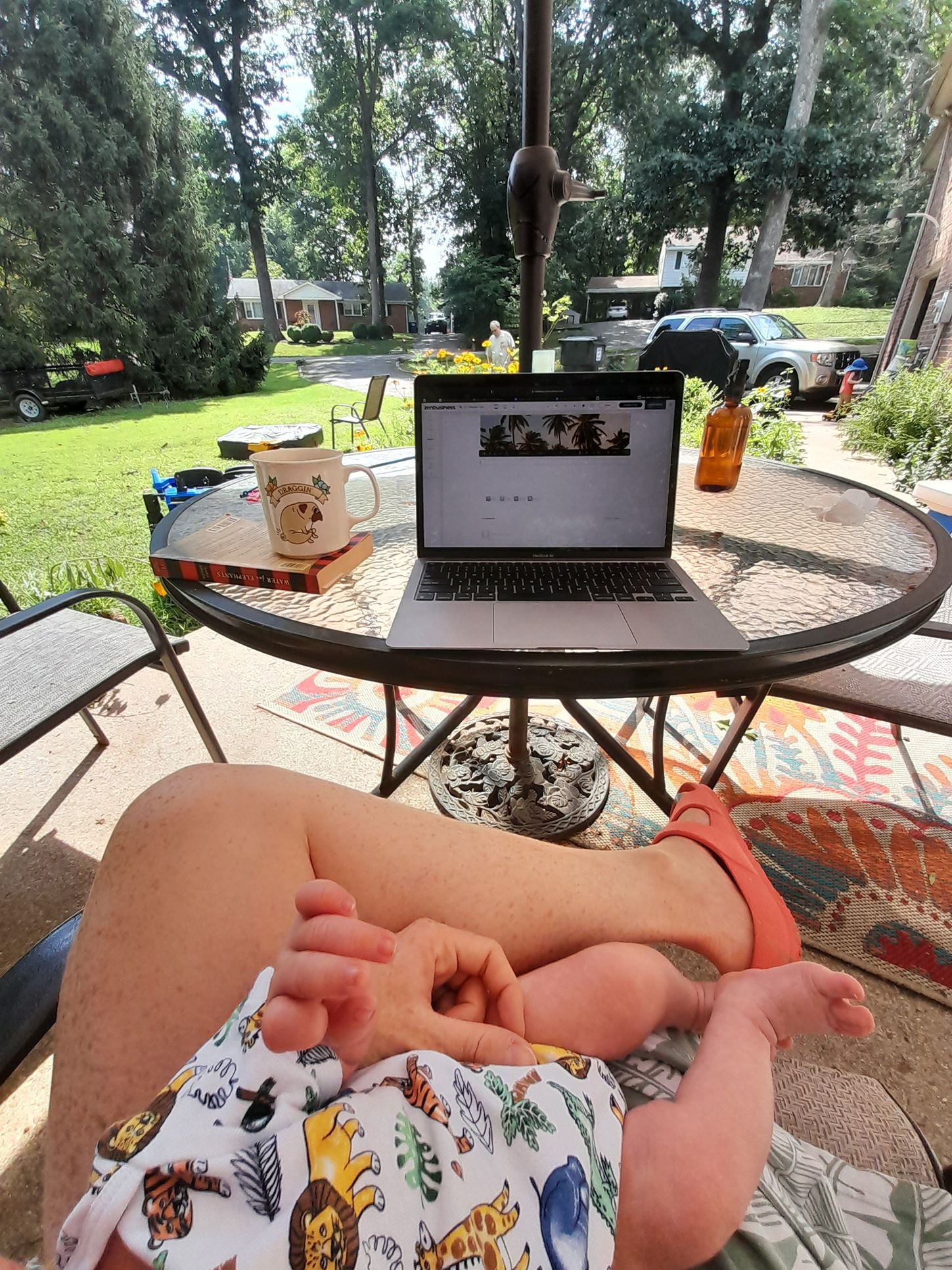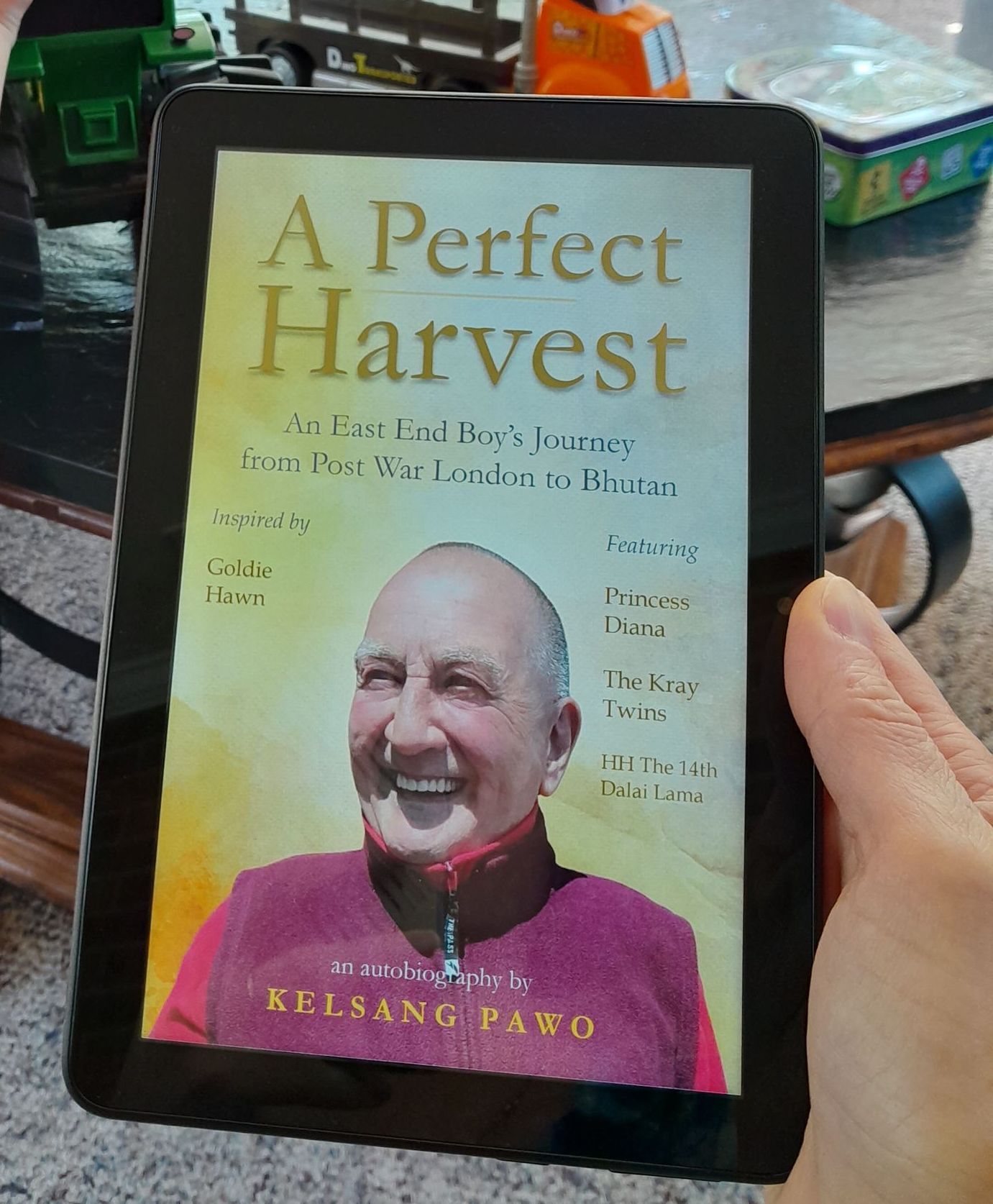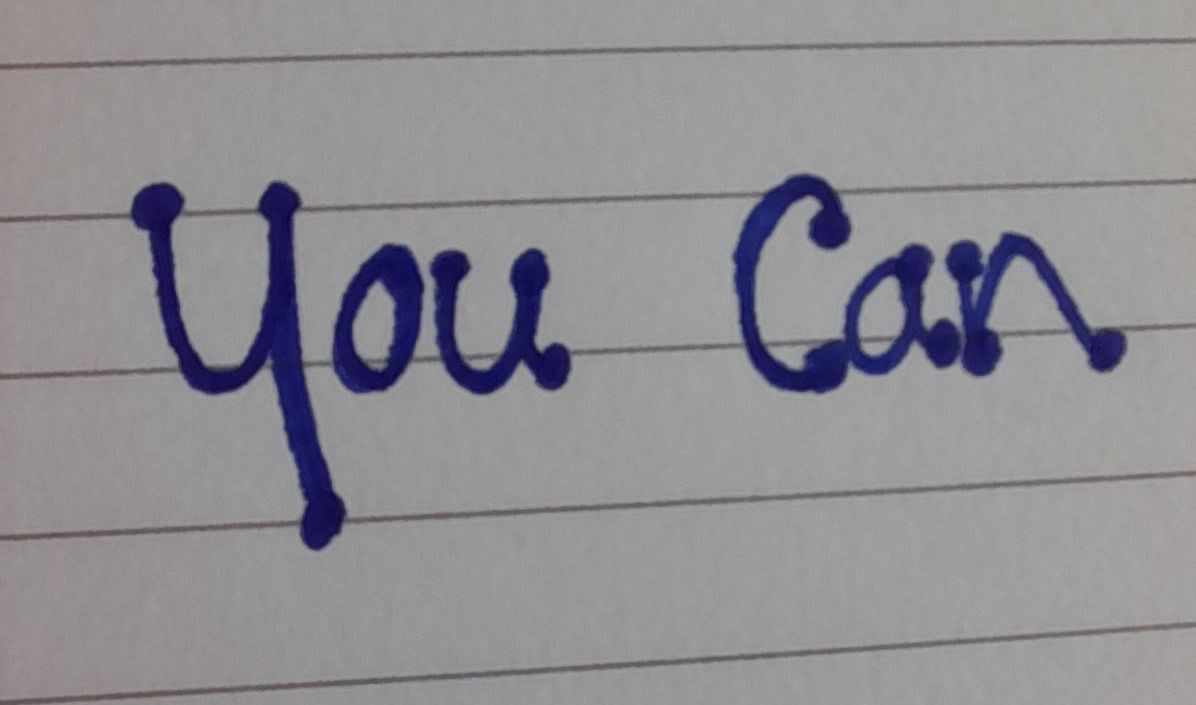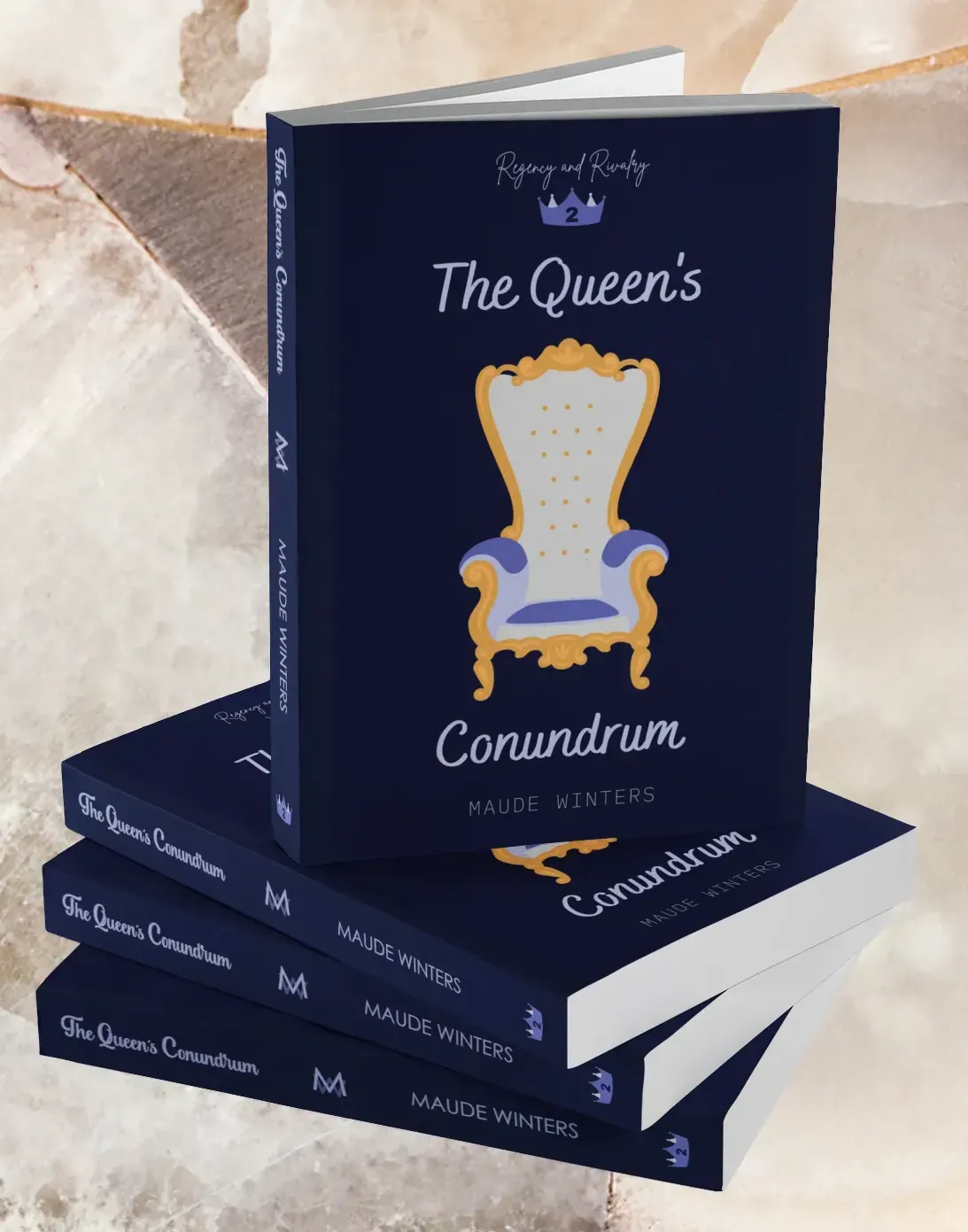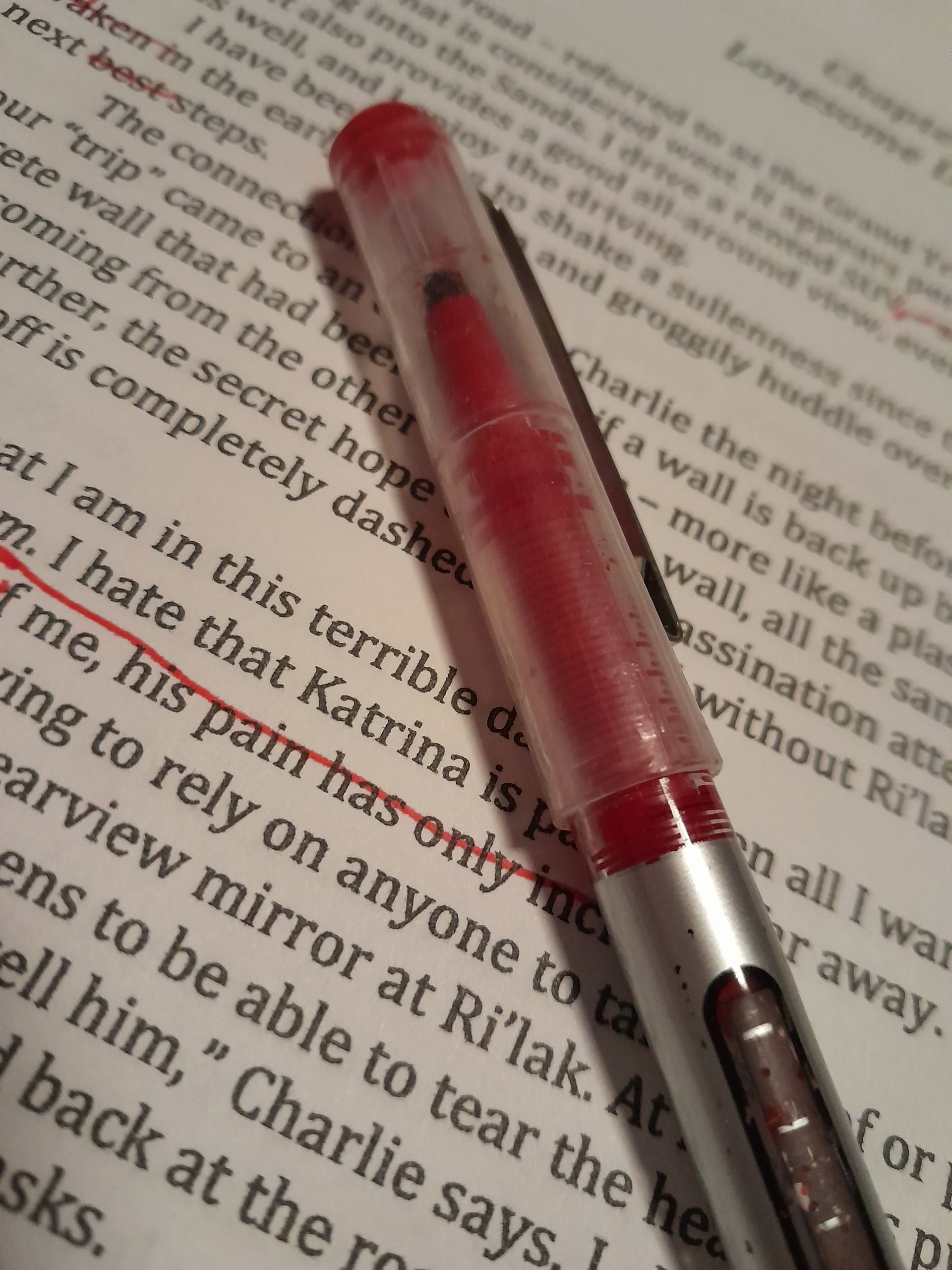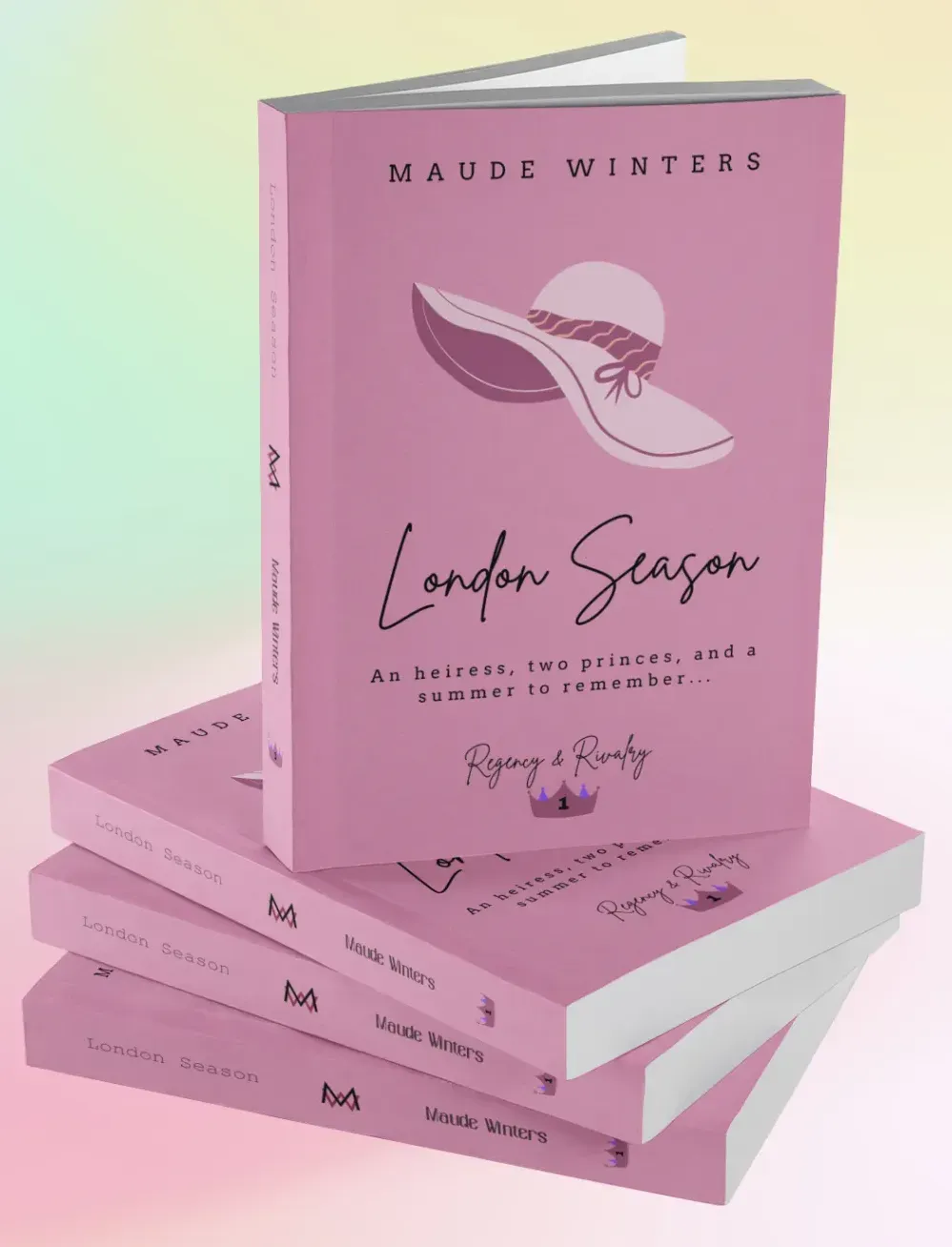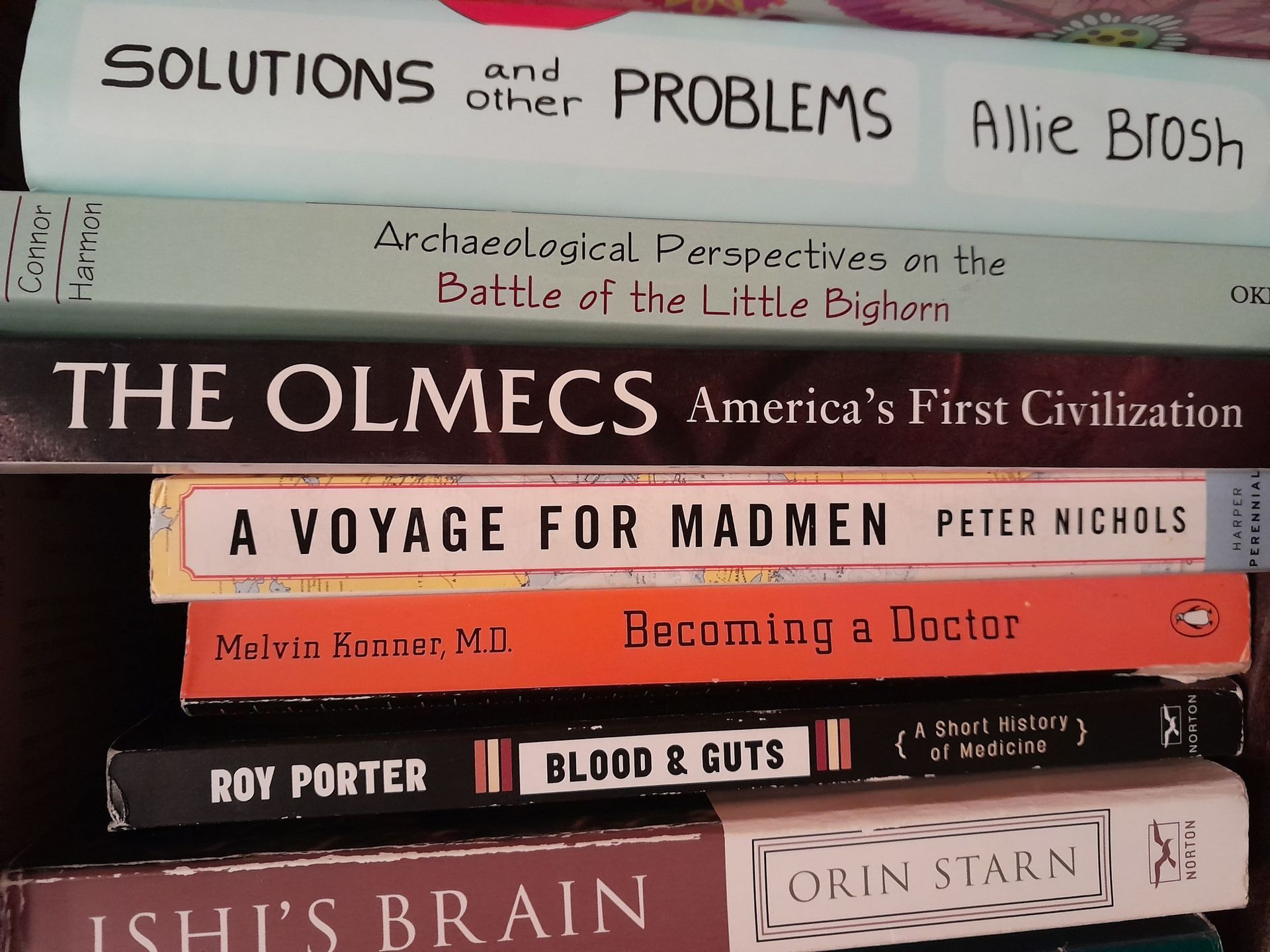Edit: Three of my Most Common Editing Suggestions
My thoughts on reading aloud, passive voice, and contractions
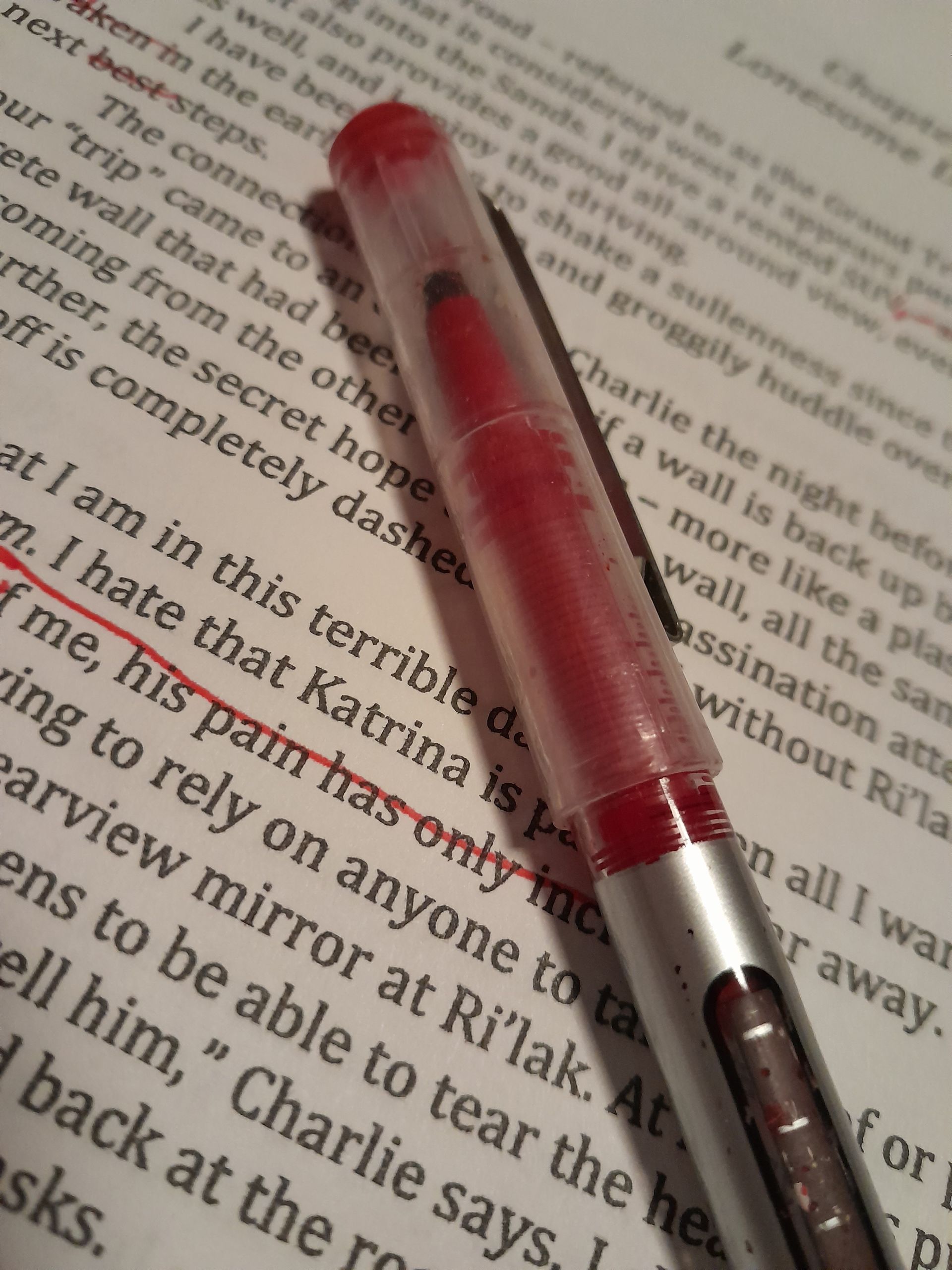
It is time for a post focused on the often cumbersome task of editing. I decided a few weeks ago that my first editing post would focus on three of my most frequently doled out editing recommendations. I have edited and commented on all types of writing, from the densely academic to just-for-fun fiction and everything in between. There are three things I find myself suggesting to almost every single writer across all genres and projects.
1) Read your work aloud. I know it is an obnoxious piece of advice to receive. I know, because I was on the receiving end of it years ago, and I rolled my eyes when professors kept suggesting it. Most of us feel a little silly when we sit alone in a room and read our work aloud (you are an especially brave soul if you can read your work aloud in a coffee shop, though I have managed to master mumbling my work aloud while my toddler sleeps). But let me tell you: it works.
Reading aloud can shift the way your brain looks at the words, and you often notice things you did not notice before (especially that typo or off word in a paragraph you read silently 50 times before and thought for sure was just perfect). It also allows to you hear what the writing may sound like in the mind of your reader. It is extraordinarily useful for recognizing clunky wording and clumsy dialogue.
I recommend reading aloud when you have gotten to the point where you just do not want to look at it anymore. It gives you a fresh perspective (so does changing the font style or size, if you want to try that method too). If you read it aloud and still think it sounds great...then it is time to hit the send button and get it out to some readers! Reading aloud is always my last step before putting my written work out into the world, and I never regret it.
2) Avoid the passive voice. If you have been writing long enough you have probably heard this one. You probably heard it in high school English classes. Maybe it always seems too technical to think about: Is this passive? Who is taking the action here? What's my subject and my verb and their relationship to each other? In all likelihood you just want to write and not think too hard about the technical aspects of subject and verb actions. So let me phrase this a different way. Make your writing exciting. Give your characters the power and make sure they are taking action.
Instead of: The bone was tossed to the dog by the toddler.
Try: The toddler tossed the bone to the dog.
Notice there are fewer words in the second sentence (which is almost always a good thing in almost all writing). Here is a sentence that is, in my opinion, even stronger:
The toddler tosses the bone to the dog.
One of my best and most critical readers (shout out here to the discerning eye of my husband, who reads dense philosophy in his free time) told me, after reading a very early draft of my novel, that he would rather it be in present tense. You remember the eye roll with the suggestion to read aloud? My reaction to this suggestion was more of a whole body shudder of horror. You want me to change my whole novel - written in past tense - to present? Are you kidding me?!
But he was right. So right. I started the shift when I started writing Part III, and I realized it sounded so much better. There was more urgency and intensity. The writing was clearer, more condensed and easier to follow. I no longer had to fight with rewording sentences to avoid word redundancies (such as "he had had a bad time"...oh man that is bad).
Past tense is perfectly okay; I am not trying to say it isn't. Some of the best writing and most famous literature out there is in past tense. But there is something to be said for the simplicity of the present tense and the intensity it can give to your action, especially in fiction.
3) Use contractions minimally. This one is probably a bias of mine from years of academic writing, where the use of contractions and any informality in writing was firmly drilled out of me. I have gotten a little looser in recent years. I acknowledge that it often feels more natural to write "can't" than "cannot", "isn't" than "is not". However, I still find that too many contractions, even in fictional work, reads as a little too informal to me. Sometimes a contraction just fits better, but if there are multiple contractions on a page, my "red pen" usually starts slashing them.
An exception to this is in dialogue or first person writing that is meant to be expressed in a particular way. There absolutely should be contractions in dialogue, maybe even a lot of them, as contractions are common in speech and even more common in certain dialects (sometimes "ain't" is needed and appropriate: use it!). This is another reason I think contractions should only be used minimally elsewhere in your work; it differentiates your narrator from the characters in the book. If your narrator is a character (first person) and has a particular way of speaking, then I can make more room for contractions. Just make sure they fit with how your character speaks and are not just an easy way to write and think.
Generally speaking, I remove all contractions from academic and nonfiction writing, and I recommend you do too. It makes your work seem a lot more professional and less personal...it also makes it feel more omniscient and authoritative.
For those of you still reading, what do you think? Do you agree or disagree with these points? They are not hard and fast rules...just some of the most common pieces of advice I give (and have been given). I am very curious what other writers, readers and editors might think. Feel free to agree or disagree in the comments!
I highly anticipate getting much busier in the next few weeks with business related work (woohoo!), but I always have more blog posts planned. Stay tuned for a "thinking" themed post on nonfiction/historical writing, a "writing" post discussing why even writers who edit need editors, and a "reading" review on an up and coming new writer...that one you absolutely will not want to miss!
